Reducing bureaucracy, enhancing security and migration regulation: Key outcomes of Uzbekistan- Türkiye talks
During the visit of Türkiye’s Ministers of Foreign and Internal Affairs and the head of the Intelligence Agency to Tashkent, agreements were reached on institutionalizing bilateral cooperation. According to political analyst Fazliddin Madiev, this aims to reduce bureaucracy in information exchange between the two countries and to provide mutual warnings about various threats.
Uzbekistan-Türkiye relations have entered a new phase. It has been noted that high-level meetings have increased, and trade, economic, and social relations have improved.
Currently, the two countries are working on institutionalizing relations between their law enforcement agencies and addressing unresolved legal issues. On September 12, negotiations were held in Tashkent between the Foreign Ministers, Interior Ministers, and heads of security services of Uzbekistan and Türkiye, focusing on these issues.
Kun.uz reached out to political analyst Fazliddin Madiev with questions regarding this meeting. Madiev has spent almost 10 years studying in Istanbul and Ankara and is currently doing his Ph.D. in International Relations at Hacı Bayram Veli University in Türkiye.
– The details of the meeting haven’t been fully disclosed, but some key terms have been mentioned. For instance, a "roadmap" for institutionalizing cooperation between Türkiye and Uzbekistan was signed. How can this concept of 'institutionalizing cooperation' be explained to the public in simpler terms?
– Intelligence information between countries is not always disclosed. One example of close security cooperation is that between the U.S. and Israel. We know that for nearly 100 years, Türkiye has been politically distant from Uzbekistan, which is a result of historical circumstances. However, today’s world demands integration among Turkic states, and this meeting can be seen as a step in that direction. This means both countries will assist each other by exchanging intelligence on security, information security, cyber threats, and counterterrorism. Türkiye, being a country with significant experience in these areas, will play a key role.
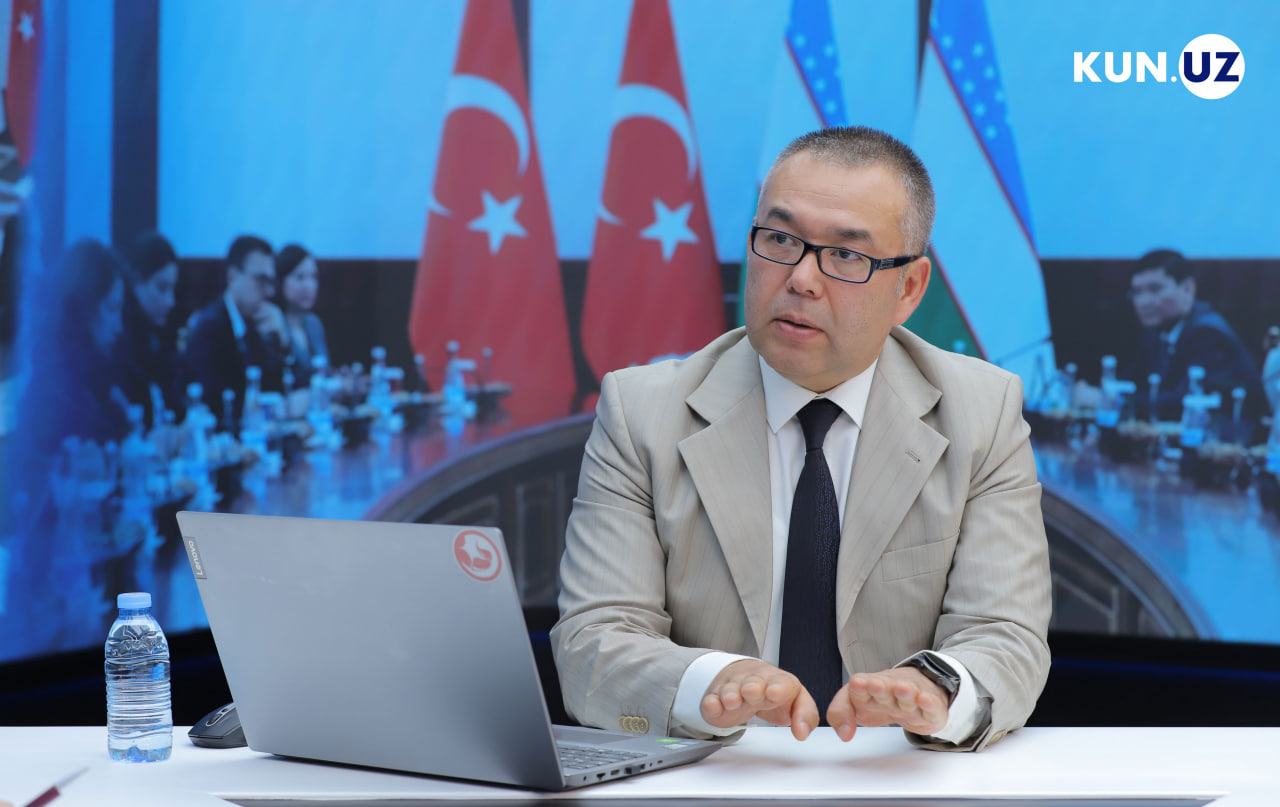
The purpose of this meeting is to reduce bureaucracy in the exchange of information between the two countries. The idea is to provide mutual warnings about various threats. Uzbekistan doesn’t reveal much information publicly, but specialists may have studied Turkish statistics to come to this approach.
– Among the topics discussed were terms like "terrorism and extremism," "irregular migration," and "joint fight against smuggling." How should we understand the concept of 'irregular migration'?
– Türkiye, being a tolerant country, has accepted a large number of refugees. However, in recent times, the issue of migration has been used to create internal political problems in Türkiye. Unlike countries like South Korea or Qatar, Türkiye has not implemented special projects to handle migration. Lately, this issue has become a political challenge for Türkiye.
There has been an increase in arrivals from various countries, including Afghanistan, which has intensified irregular migration. As a result, Turkish authorities are being forced to address this issue more actively.
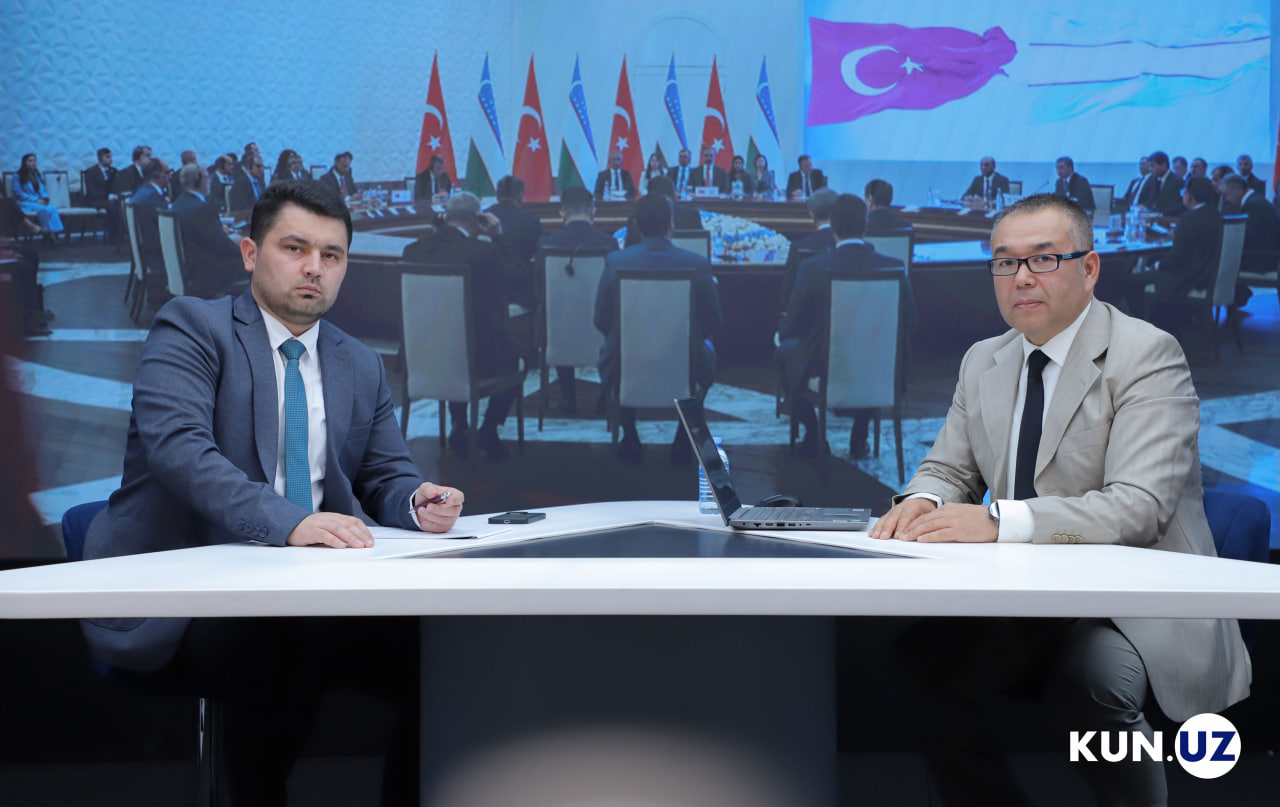
– Could the fight against irregular migration be influenced by political motives, in your opinion? For example, might governments use this as an excuse to deport individuals they do not favor?
– This is one of the most sensitive aspects between countries. Recently, one of the issues between Uzbekistan and Türkiye has been related to this. It is not only political circles, but also the actions of border personnel that play a crucial role here.
Recently, there have been increasing cases of Uzbek citizens being turned back from Turkish airports. If such incidents continue between the two countries, explanations should be provided through mutual reports. However, this doesn’t always happen. There have even been cases where parents of students studying in Türkiye were sent back to Uzbekistan by special officers when they came to visit their children. The Turkish government has not provided explanations for such actions. Whether these unjustified deportations were due to the fault of border personnel or other reasons remains unclear, as there is no information on whether any penalties were imposed or whether the issue was left unresolved. This may be due to the recent rise in political divisions and security challenges in Türkiye.
Related News
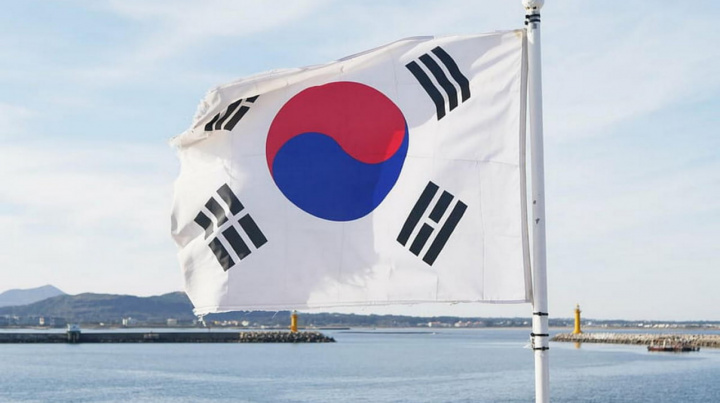
12:46 / 19.03.2025
South Korea to launch simplified work visa program for citizens of Uzbekistan
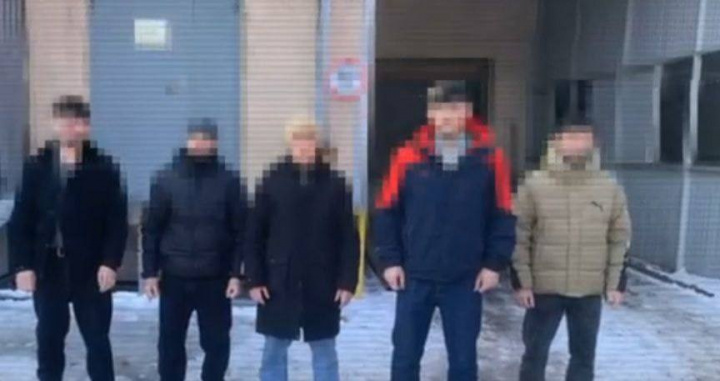
19:38 / 17.03.2025
Kazakhstan deports over 1,200 illegal migrants, including Uzbeks
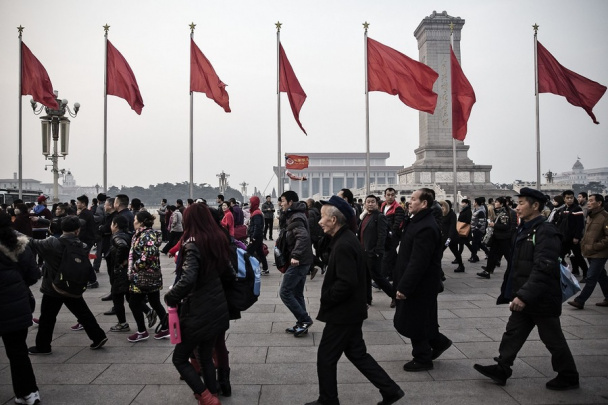
13:31 / 13.03.2025
Chinese company may open a vocational training center in Uzbekistan
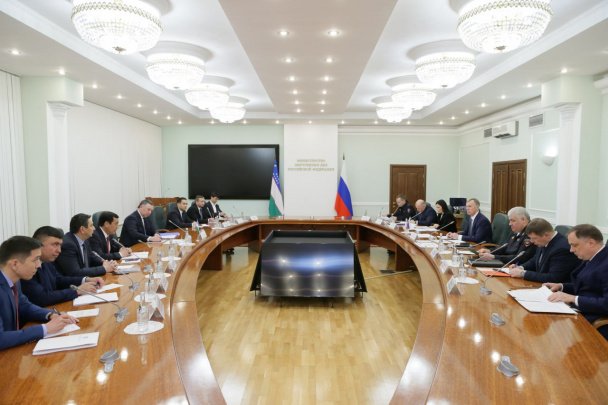
18:50 / 12.03.2025



